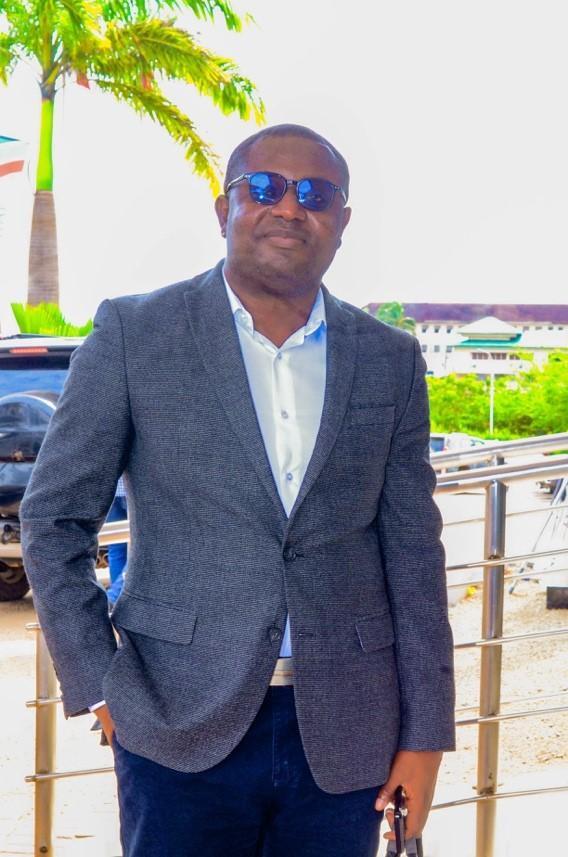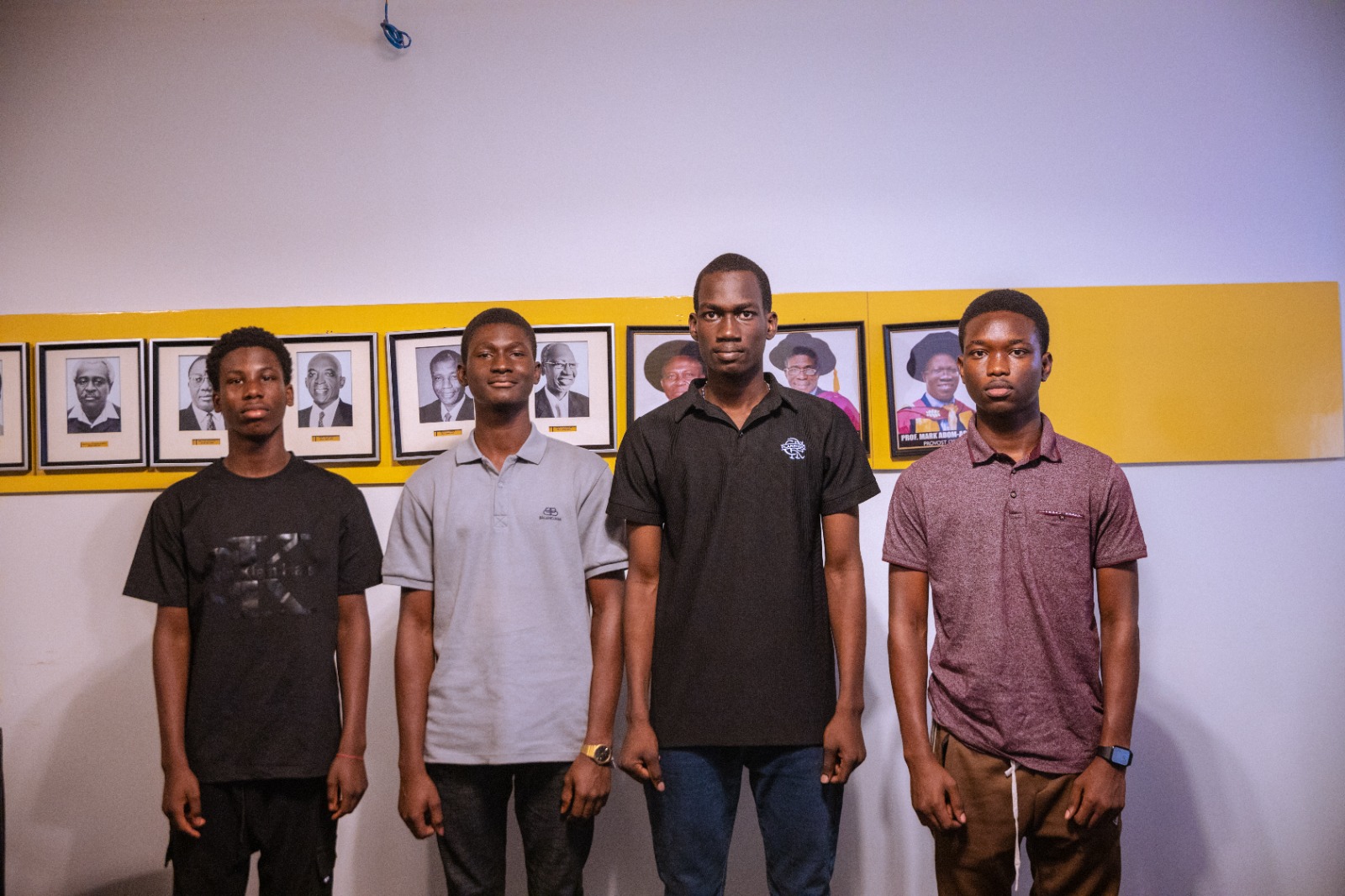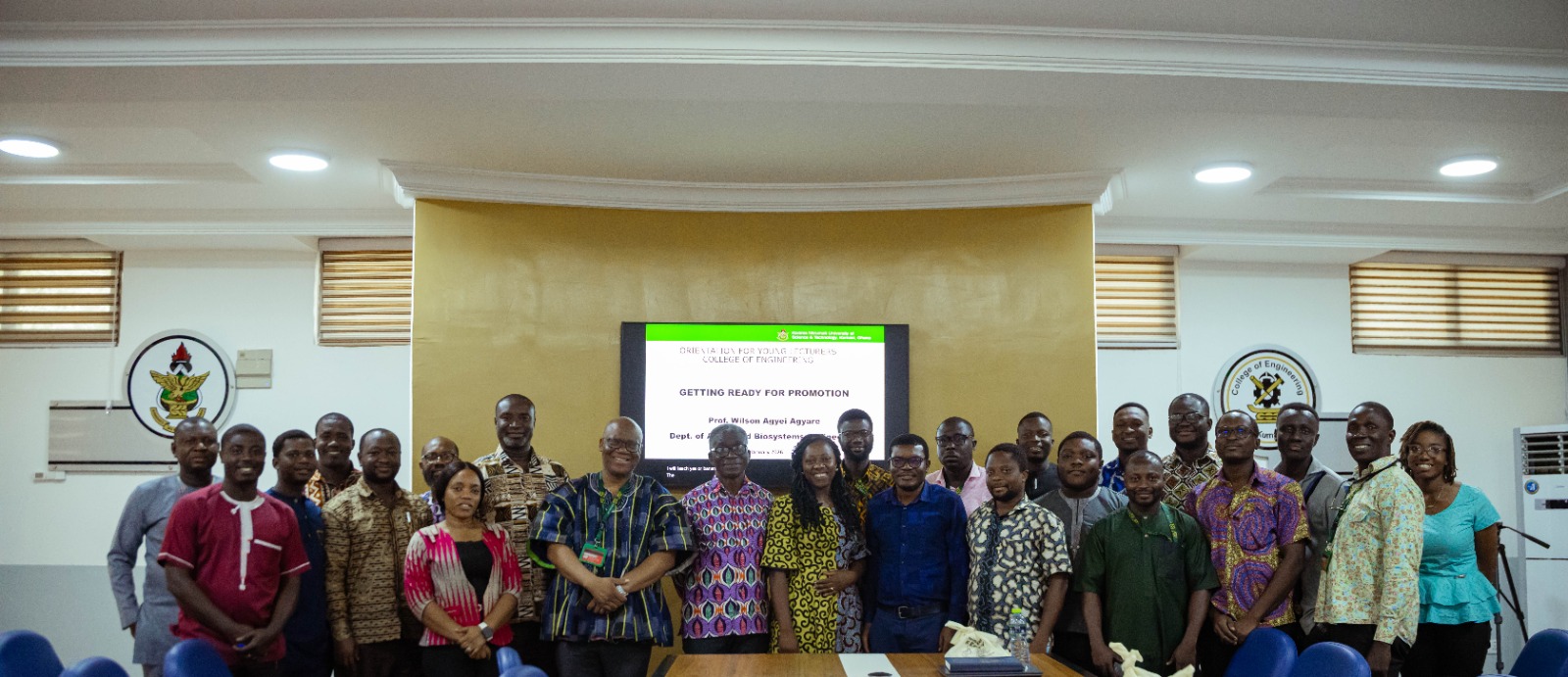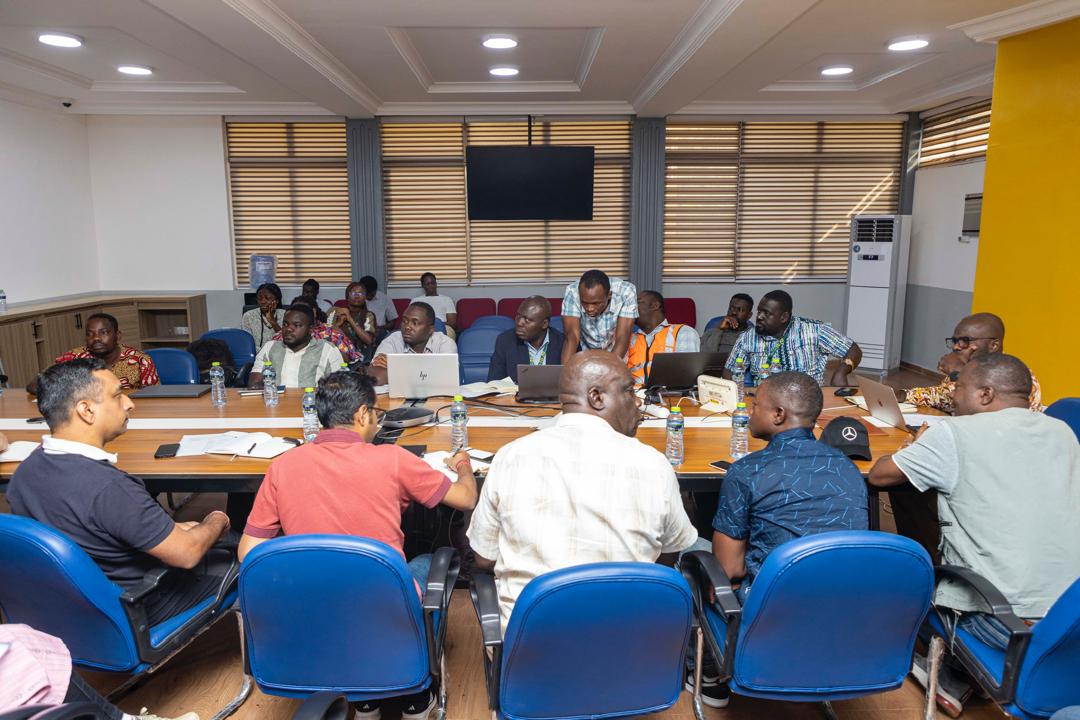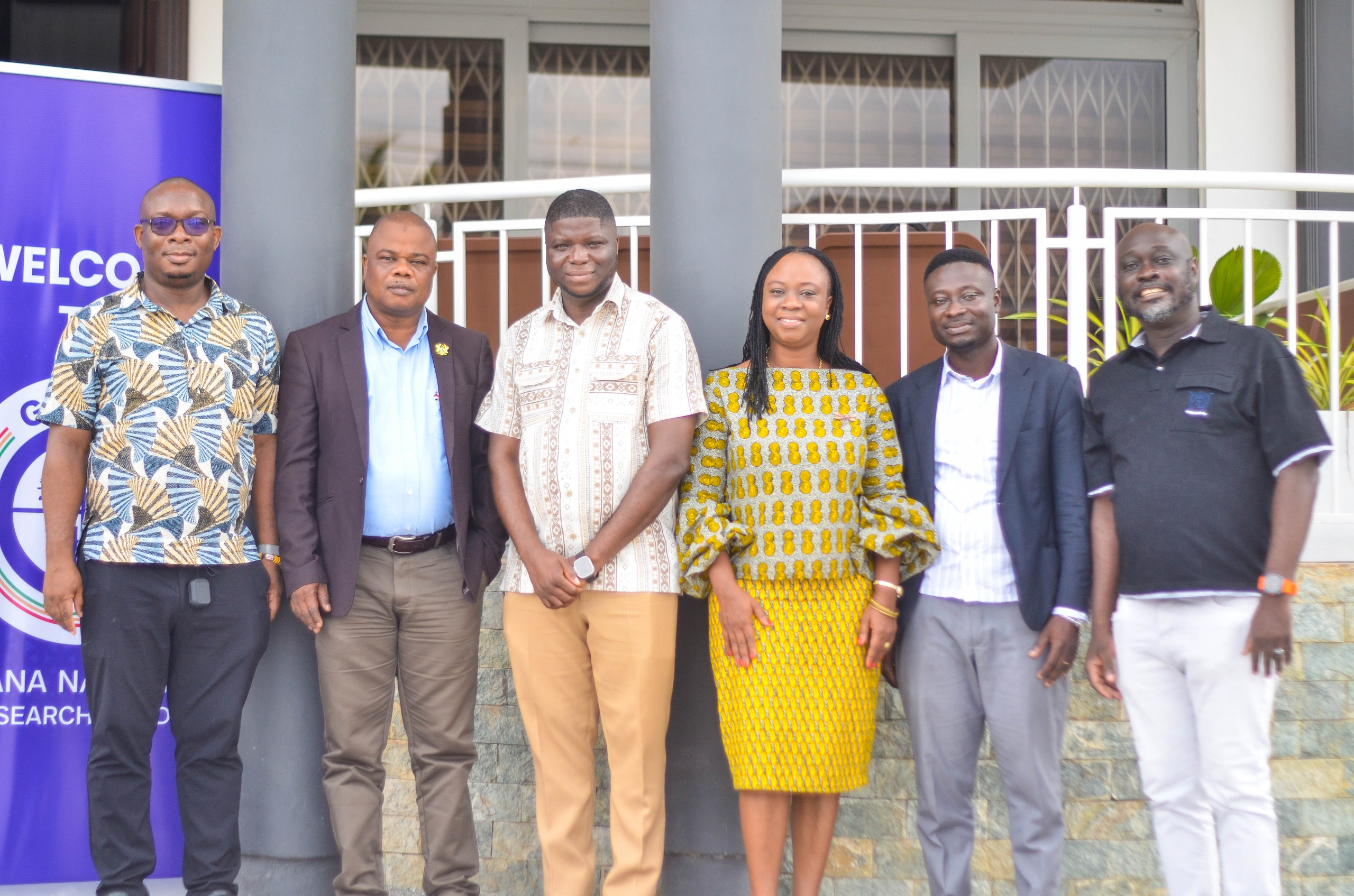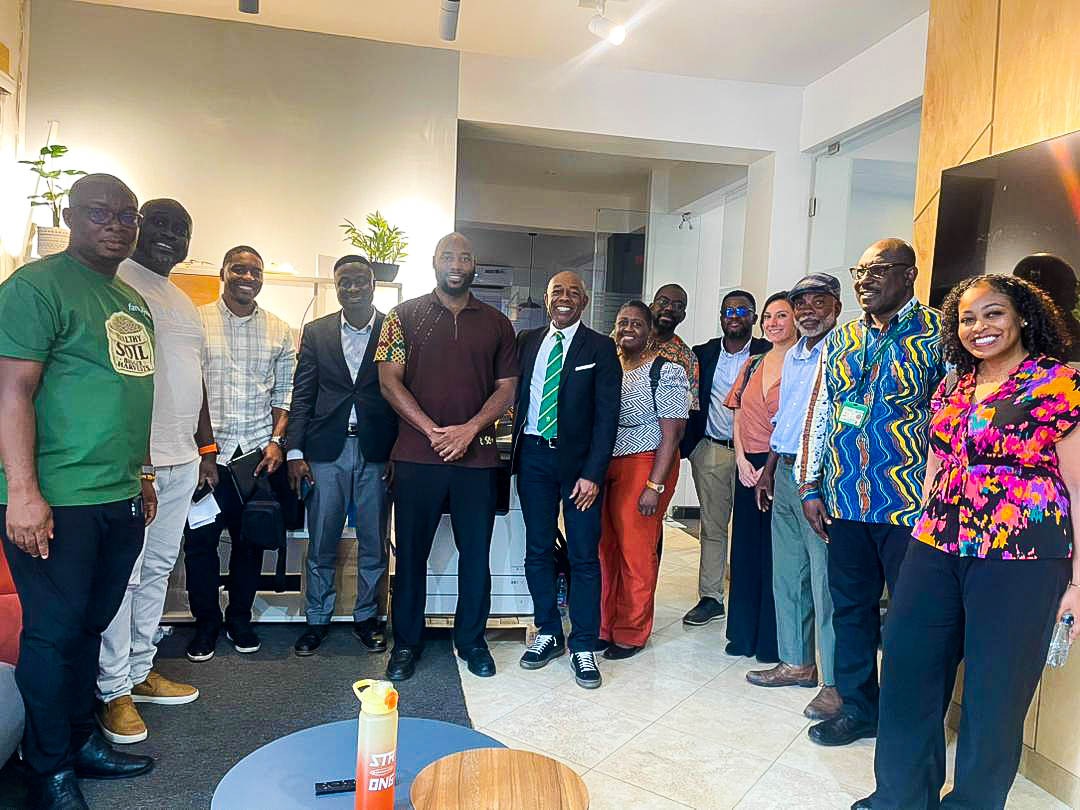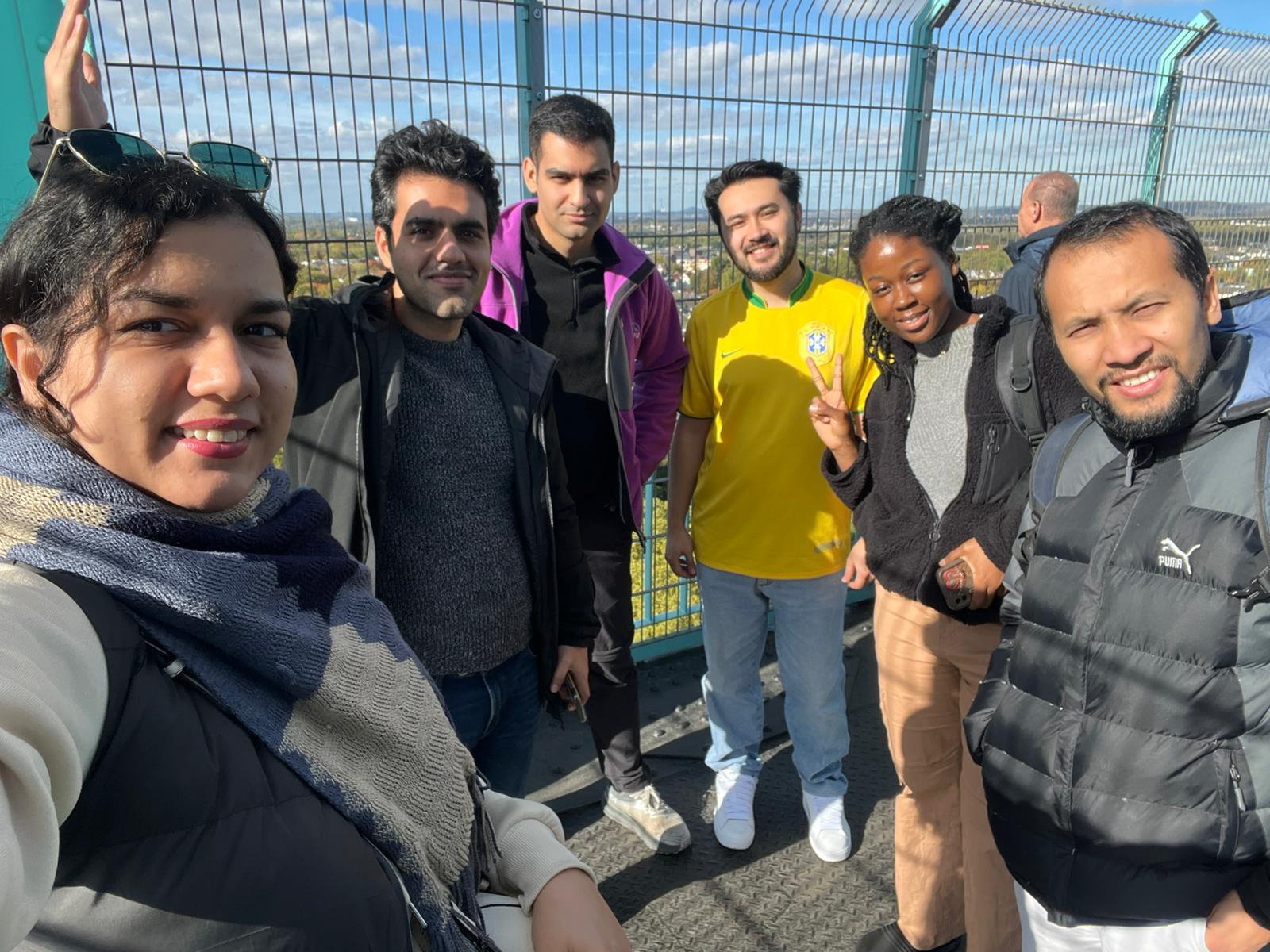Dr. Yen Adams Sokama-Neuyam, Senior Lecturer and Head of the Department of Petroleum Engineering at KNUST, is not your typical academic. Known for his grounded commitment to education and research, Dr. Sokama-Neuyam has dedicated his career to addressing some of today’s most pressing environmental and educational challenges.
With a PhD and MSc in Petroleum Engineering from the University of Stavanger in Norway and a BSc from KNUST, his journey has always been guided by a deep passion for teaching. “Even in basic school, I knew I wanted to teach,” he says. “It’s something I’d do even without pay.” That passion, combined with a rigorous research background, led him into academia—a space where he could nurture the next generation of engineers while pushing the boundaries of scientific inquiry.

Dr. Sokama-Neuyam’s core expertise lies in CO₂ geosequestration. His groundbreaking PhD research was among the first to explore how both salt precipitation and fines mobilization cause injectivity issues during CO₂ storage, an area now gaining wide attention in climate research. His work has introduced new understanding and mitigation strategies for CO₂ injection challenges in clay-rich formations, contributing significantly to global carbon capture and storage (CCS) efforts.
In 2023, he established the Net-Zero Carbon Emission Lab (NCEL) at KNUST, bringing together innovative projects aimed at decarbonization and environmental sustainability. These include:
- KNUST Net-Zero Emissions Project (KNEP), in partnership with Climate Compatible Growth, to measure and reduce the university's carbon footprint.
- CO₂SRAP, in collaboration with GNPC and the AGATE Project (Australia), which assesses Ghana’s geological basins for potential CO₂ storage.
- NCEP Project, with Yinson Production West Africa Ltd, which maps carbon intensity across Ghana’s oil and gas sector to support policymaking.
What sets Dr. Sokama-Neuyam apart is his approach to teaching in today’s digital landscape. From introducing first-year students to IT and second-year students to coding, to embedding generative AI and real-time feedback tools in his classes, he constantly seeks to bridge theory with practical, industry-informed learning. “I want my students to leave not just with knowledge, but with the ability to think, adapt, and solve problems,” he explains.
He recalls one particularly meaningful experience where students, once struggling, later used VBA to build full software tools. “That moment reminded me that even if progress is slow, good teaching always bears fruit,” he reflects.
Despite his many achievements, Dr. Sokama-Neuyam remains deeply concerned about the future of higher education in Ghana. He highlights two major challenges: declining student motivation due to limited career prospects and a lack of government support for academic research. “Without serious reforms, the quality and impact of our universities will continue to decline,” he warns.
Looking ahead, his focus is clear. “KNUST has produced globally recognised scientists through solid, foundational research. I want to help revive that culture, where we pursue rigor, use-inspired research that solves real problems and advances global knowledge.”
For aspiring academics, his advice is simple but powerful: “Know yourself, be prepared to work hard, and never stop learning.”
In an era of rapid change, Dr. Yen Adams Sokama-Neuyam stands out as a voice of clarity, commitment, and innovation, shaping not only the future of petroleum engineering, but also the role of higher education in Africa and beyond.


